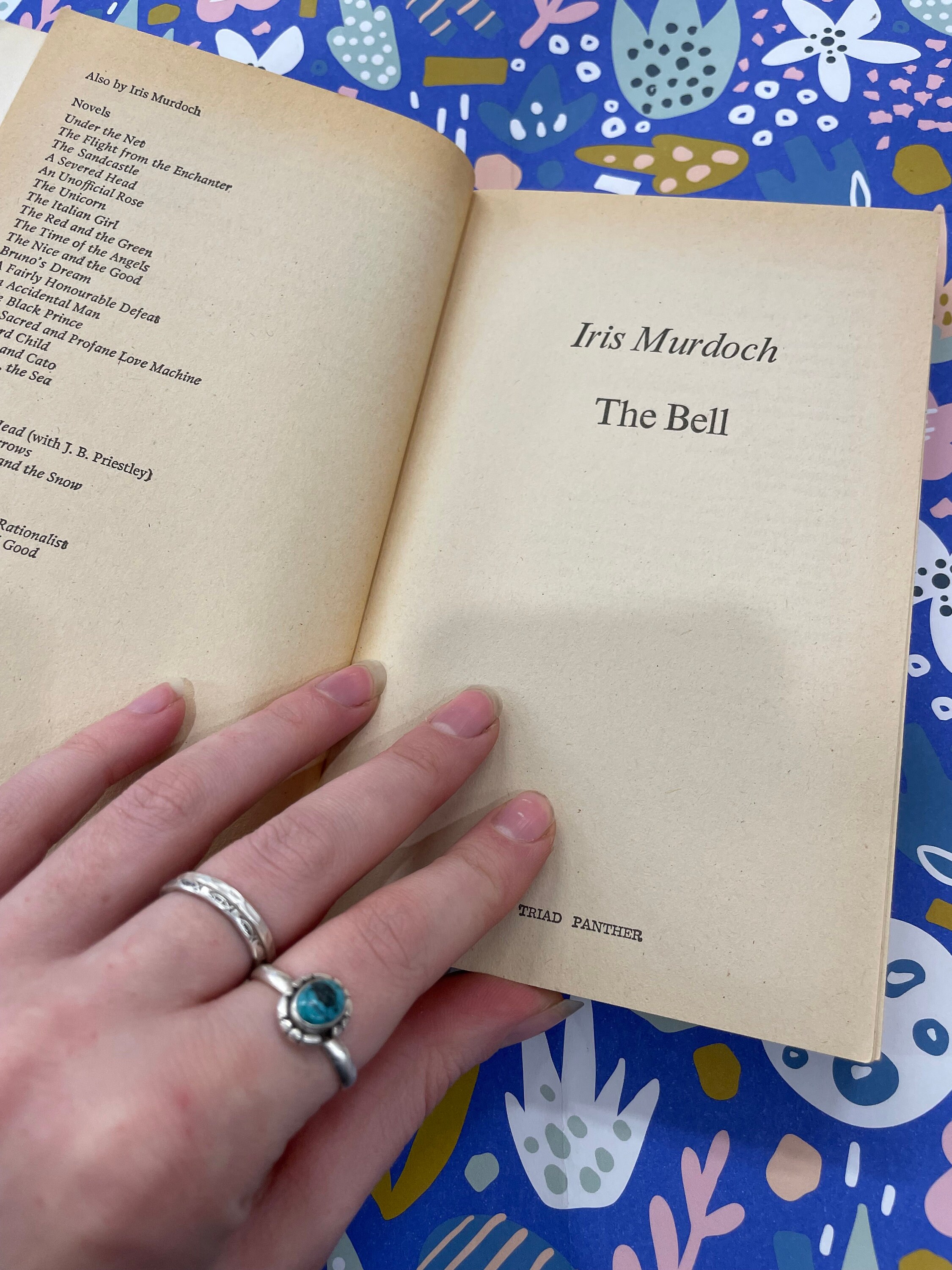
We may be a little surprised to see Iris Murdoch playing with the Russian Formalists’ distinction of story and plot ( fabula and syuzhet, events in their chronological order and events in the order of their arrangement). And of course destiny itself, whatever else it may be, is always a narrative effect, the insertion of a later perspective (real or imagined) into an earlier one. Jake’s ‘I had no notion’ respects this principle but the rest of the sentence ruins it, plants us firmly in narrating rather than narrated time. At one minute he calls what will happen to him his ‘destiny’ and flashes forward to a later moment of awareness: ‘I had no notion how fast it was galloping at that very moment to overtake me.’ ‘Galloping’ is a nice touch, since narrative custom mostly suggests that destiny sneaks up on us, that it can’t be seen in the offing.

He refers to ‘earlier events related in this story’, restricts himself to what is ‘of any interest from the point of view of the present story’, and describes his feelings as they were ‘at the point which our story had now reached’. That had the effect of blurring many of her plots but this one continues to stand out, perhaps because it is so simple., the endlessly discomposed hero of Under the Net, is a careful composer when it comes to his narrative, as distinct from the life he has notionally been living. I read this first, at her suggestion, then was hooked to the extent of reading no other author for pleasure for the next two years. I was horrified by meeting Dame Iris at a student dining society and having to admit (to her kind relief) that I had read nothing she'd written. The honest answer is probably 'The Bell' by Iris Murdoch. But I fear having to dissect and write essays about Eliot and Forster made them less an influence on me than they might have been. I hadn't noticed that, at their best, they involve a curious chain reaction of empathy linking reader, writer and character which leaves the reader not simply moved, but somehow altered. Until then I'd thought novels were purely for bravura storytelling.

Both pulled me up short in my late teens with their ability to make me care deeply about the emotional lives of unimportant people. The respectable titles to give would be 'Middlemarch' or 'Howards End'.


 0 kommentar(er)
0 kommentar(er)
